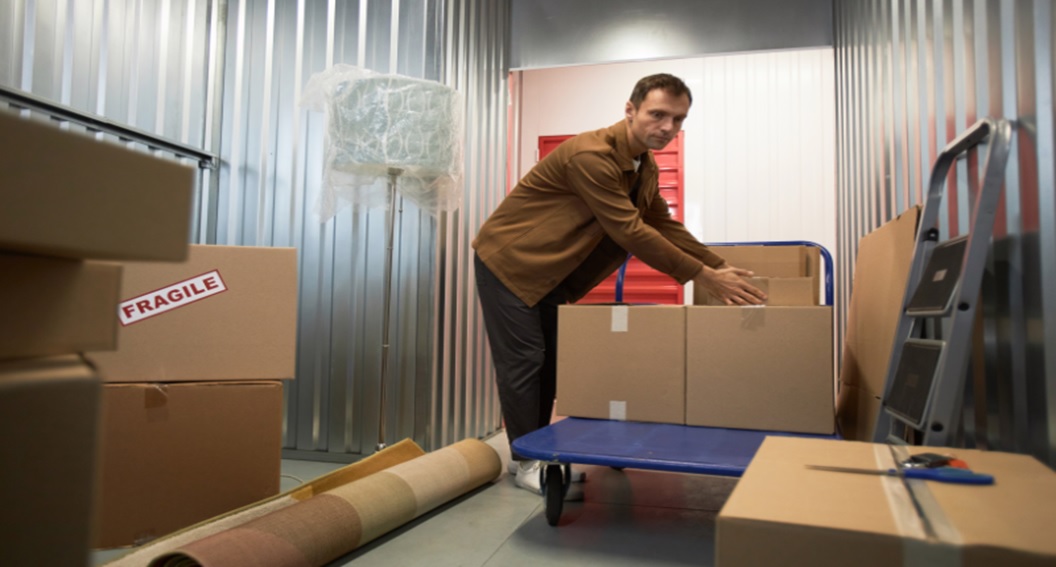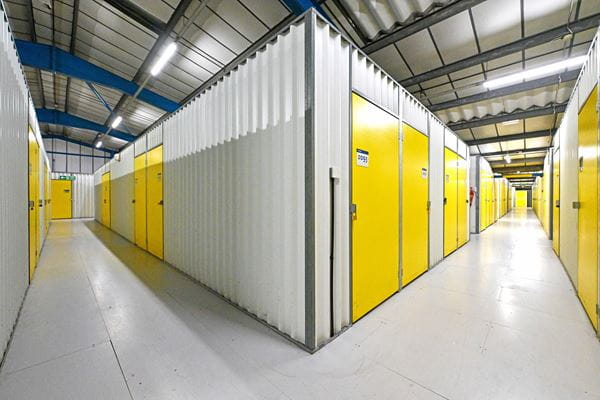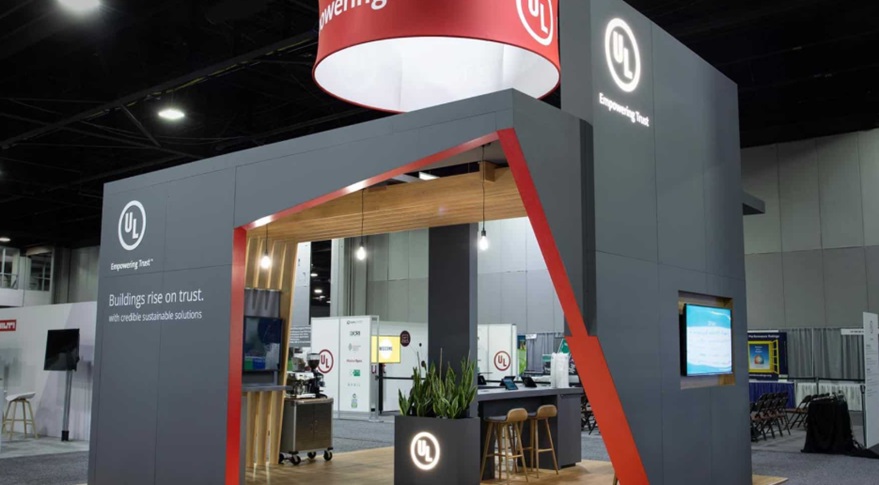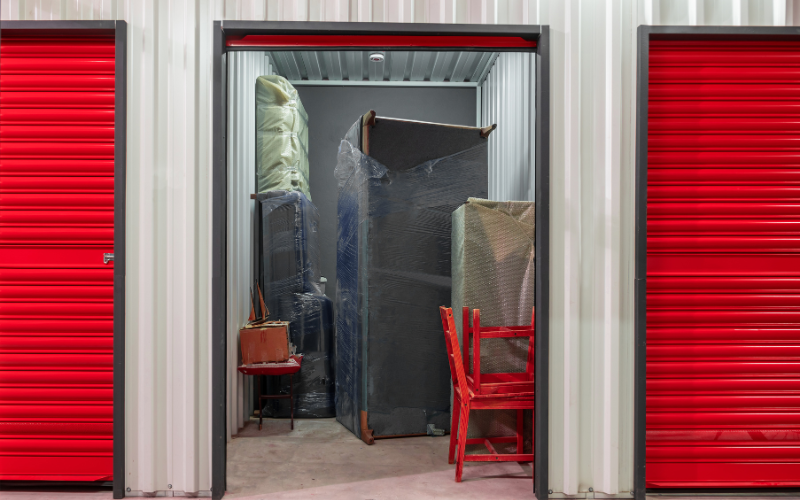
The demand for self-storage units has risen significantly in Singapore as individuals and businesses seek adaptable options to address space limitations.
Whether you are decluttering, storing seasonal belongings, or requiring additional space for business inventory, renting storage locker units can be an effective and economical solution.
Discover ten tips to maximise storage units, allowing those unfamiliar with self-storage facilities to make the most of their rental.
10 Tips for First-Time Users of Self-Storage Units
Assess Your Storage Needs
Evaluating your storage requirements is essential before choosing a storage unit. Various items necessitate distinct storage conditions. For example, documents, electronics, and furniture may require climate-controlled environments to safeguard against humidity-related damage. Conversely, clothing or non-sensitive goods might not need these specific conditions. Compiling an inventory of the items you intend to store will assist in identifying the appropriate size and type of storage locker you require. This method will facilitate the selection of a suitable facility while also preventing unnecessary expenses for excess space.
Choose the Right Size of Storage Unit
One of the biggest mistakes first-time users make is either overestimating or underestimating the space they need. Storage rental comes in various sizes, and choosing the right one can save you money and time. If you select a unit that’s too small, you may have to rent additional space, which increases your costs. On the other hand, opting for a larger unit than necessary means you’re paying for space you don’t need. It’s advisable to visit the facility or consult with facility staff to ensure you select the most appropriate unit for your needs.

Consider Accessibility
Not all personal storage spaces in Singapore offer 24/7 access. Depending on what you’re storing and how frequently you need to access your items, the facility’s operating hours can be vital. If you need regular access to your storage locker unit, ensure the facility’s hours align with your schedule. Additionally, check whether the facility offers features like drive-up access, elevators, or trolleys to make loading and unloading easier.
Security Features
Security is a top priority when choosing a personal storage space. Ensure the facility you select has robust security measures in place. Look for facilities that offer 24/7 surveillance, individual unit alarms, secure entry systems, and on-site personnel. The peace of mind that comes with knowing your belongings are safe is worth any additional cost associated with a more secure facility.
Understand the Rental Agreement
Take the time to thoroughly read and understand the terms and conditions before signing a rental agreement. Most storage rental contracts include details about the rental period, payment terms, late fees, and the facility’s liability in case of damage or theft. Ensure you’re comfortable with the facility’s policies on access, insurance, and any other specific conditions. If you have any questions or concerns, don’t hesitate to ask the facility manager for clarification.
Pack Your Items Wisely
How you pack your belongings can significantly impact the condition they’re in when you retrieve them from the self-storage facility. Use quality packing materials like sturdy boxes, bubble wrap, and packing tape. Label your boxes clearly to make it easier to find specific items later. Additionally, consider how you arrange items within your storage locker unit. Place frequently used items near the front and heavier items at the bottom to prevent damage. Using shelving units within your storage space can also help maximise vertical space and keep things organised.
Insurance Coverage
Many facilities offer insurance plans for an additional fee, and some may even require you to have coverage. It’s important to consider insuring your stored items, especially if they’re valuable or irreplaceable. Check whether your homeowner’s or renter’s insurance covers items in storage; if not, explore the insurance options provided by the storage facility. Insurance gives you an added layer of protection in case of unforeseen events like theft, fire, or water damage.
Plan for Long-Term Storage
If you’re planning to store items for an extended period, there are additional steps you should take to preserve their condition. For example, if you’re storing electronics, remove batteries to prevent corrosion. For furniture, consider using covers to protect against dust and pests. Additionally, visit your storage locker unit periodically to check on your items, ensure they’re in good condition, and make any necessary adjustments to your packing or storage method.
Compare Pricing
Price is always a factor when renting a self-storage, but it shouldn’t be the only consideration. While it might be tempting to go for the cheapest option, it’s necessary to weigh the price against the facility’s location, security features, and accessibility. Compare different storage rental options to ensure you get the best value for your money. Remember that a slightly higher price might be worth it for better security or more convenient access.
Review the Facility’s Reputation
Lastly, take the time to research the reputation of the facility you’re considering. Online reviews, testimonials, and word-of-mouth recommendations can provide valuable insights into the facility’s customer service, cleanliness, and overall reliability. A facility with a strong reputation will offer a positive storage experience, ensuring your items are safe and easily accessible.
Conclusion
Adhering to these fundamental guidelines will enable first-time users of storage unit rentals to enjoy a seamless and trouble-free experience. Whether you are storing personal items, business inventory, or seasonal goods, thoughtful planning and attention to detail will surely optimise your storage rental experience.
Contact Spacehub and let us provide you with an easy solution to keep your valuables safe and accessible.




